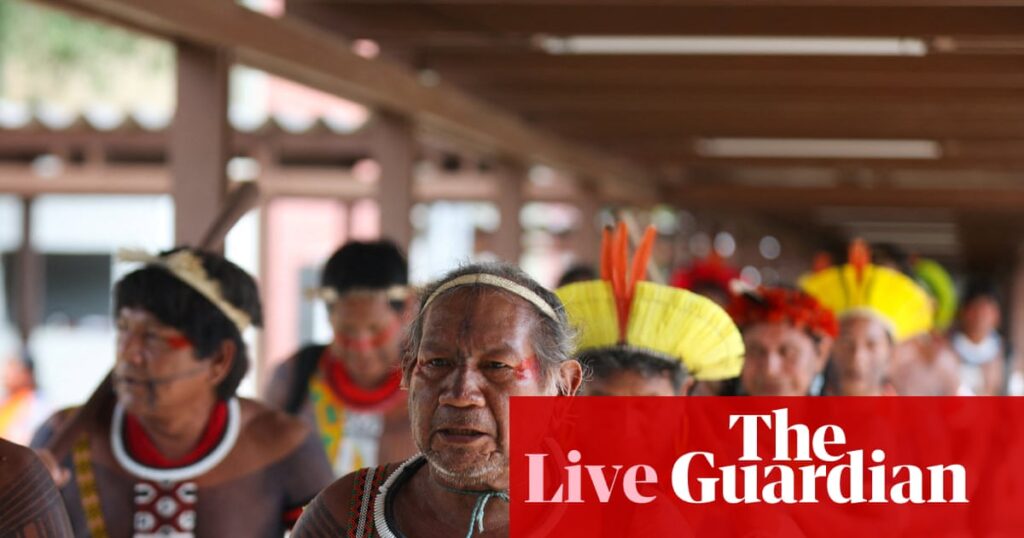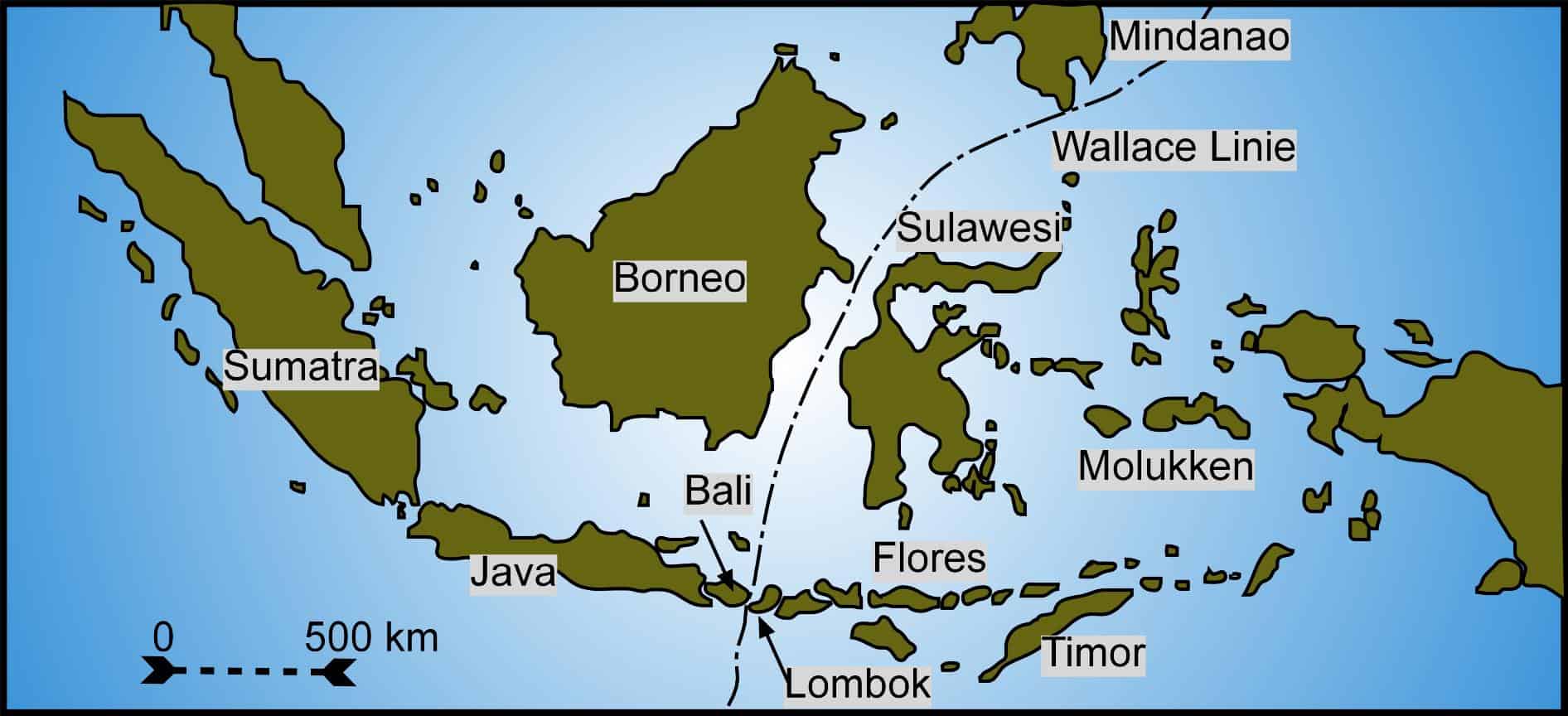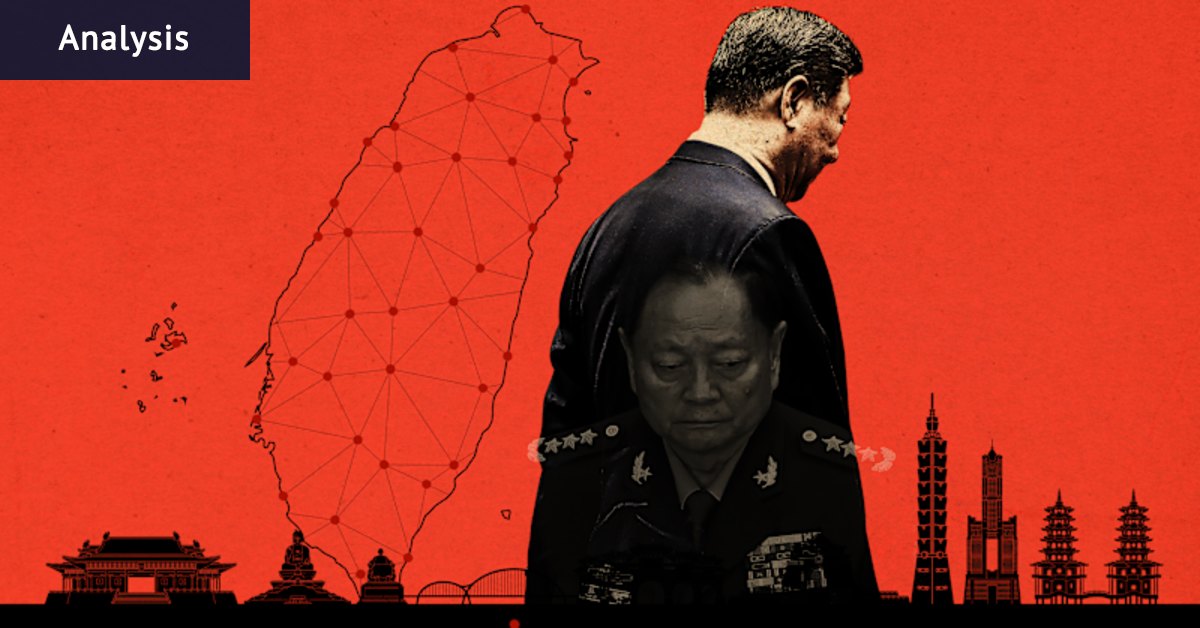
Climate campaigners made headlines last night as they confronted agribusiness lobbyists in a protest at the AgriZone, a designated area outside the COP30 summit venue in Belém, Brazil. Sponsored by major corporations such as Nestlé and Bayer, the AgriZone has become a focal point of controversy. The protestors, part of the Global Campaign to Demand Climate Justice, are challenging Brazil’s decision to allow industrial agriculture companies to participate in the summit.
The campaigners argue that industrial agriculture is a significant driver of deforestation in the Amazon and is responsible for a third of global greenhouse gas emissions. This protest highlights a growing concern over the influence of lobbyists at COP summits. According to reports, more than 5,000 fossil fuel lobbyists have attended climate talks since COP26 in Glasgow.
Controversy Over Agribusiness Influence
Erika Xananine Calvillo Ramirez of the Stop Financing Factory Farming Coalition expressed her concerns, stating,
“Climate spaces must stop being complicit with all forms of extractivism creating the crisis.”
She further highlighted the water crisis in the Ngiwa Valley of the Tehuacan region in Mexico, attributing it to agribusiness activities.
Andrea Echeverri from the Global Forest Coalition criticized the AgriZone, describing it as a “greenwashing space” where agribusinesses attempt to portray themselves as climate saviors. She argued that the globalized agri-food system focused on livestock is more about profit than feeding the world.
Progress and Challenges at COP30
The COP30 summit opened under dramatic weather conditions with thunder, lightning, and torrential rain. However, the political atmosphere remained calm, a stark contrast to the usual early-phase tensions at these annual talks. The Brazilian presidency, led by André Corrêa do Lago, managed to swiftly approve the agenda, avoiding the typical delays that have plagued past conferences.
Despite this smooth start, significant challenges lie ahead. The global political landscape, particularly the absence of the United States under Donald Trump, continues to complicate progress. An alternative U.S. delegation, including California Governor Gavin Newsom and New Mexico Governor Michelle Lujan Grisham, plans to hold a press conference to advocate for ambitious climate action.
Focus on Implementation and Real-World Impact
Tuesday’s thematic day at COP30 will address a wide range of topics, including adaptation, the bioeconomy, cities, and infrastructure. The hosts emphasize the need for concrete policies and implementation, with Corrêa do Lago stating,
“Each day is intended to connect negotiations with real-world impact, offering a platform where implementation, equity, and urgency meet.”
However, the critical issues of emissions and finance remain contentious. A key debate will focus on initiating a roadmap to phase out fossil fuels, a topic that has seen varying levels of attention in past summits.
The Road Ahead: Fossil Fuels and Finance
At COP28 in Dubai, there was a consensus on transitioning away from fossil fuels, but this subject was scarcely addressed at COP29 in Baku. Saudi Arabia has attempted to exclude it from the COP30 agenda, but Brazilian President Lula da Silva has made it clear that this issue must be prioritized. He stated,
“We need a road map so that humanity … can overcome its dependence on fossil fuels.”
The challenge is to create a mandatory roadmap applicable to all nations, despite resistance from major petroleum-producing countries. Brazil, as a leading oil and gas producer, is in a unique position to drive this forward. The question remains: how far is Brazil willing to go?
Civil society is expected to play a crucial role in pushing for greater ambition. Unlike previous COPs held in more authoritarian countries, Brazil is encouraging street demonstrations. Indigenous groups and NGOs have increased visibility at COP30, counterbalancing the influence of lobbyists. A “people’s summit” and a global youth rally are scheduled, with the largest demonstration planned for Saturday.
Marcio Astrini, executive secretary at Climate Observatory Brazil, emphasized the urgency, stating,
“It is shameful that after 30 years of climate conferences we still have no agreed plan to tackle the main driver of the climate crisis: fossil fuel use.”
Meanwhile, Saudi Arabia and its allies are likely to focus on finance, a topic that could potentially stall the conference. Resolving this issue is crucial for the many countries in the global south already experiencing severe climate impacts.
As COP30 progresses, Brazil’s skilled climate diplomats face the daunting task of navigating these complex issues to achieve meaningful outcomes.







